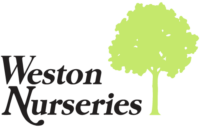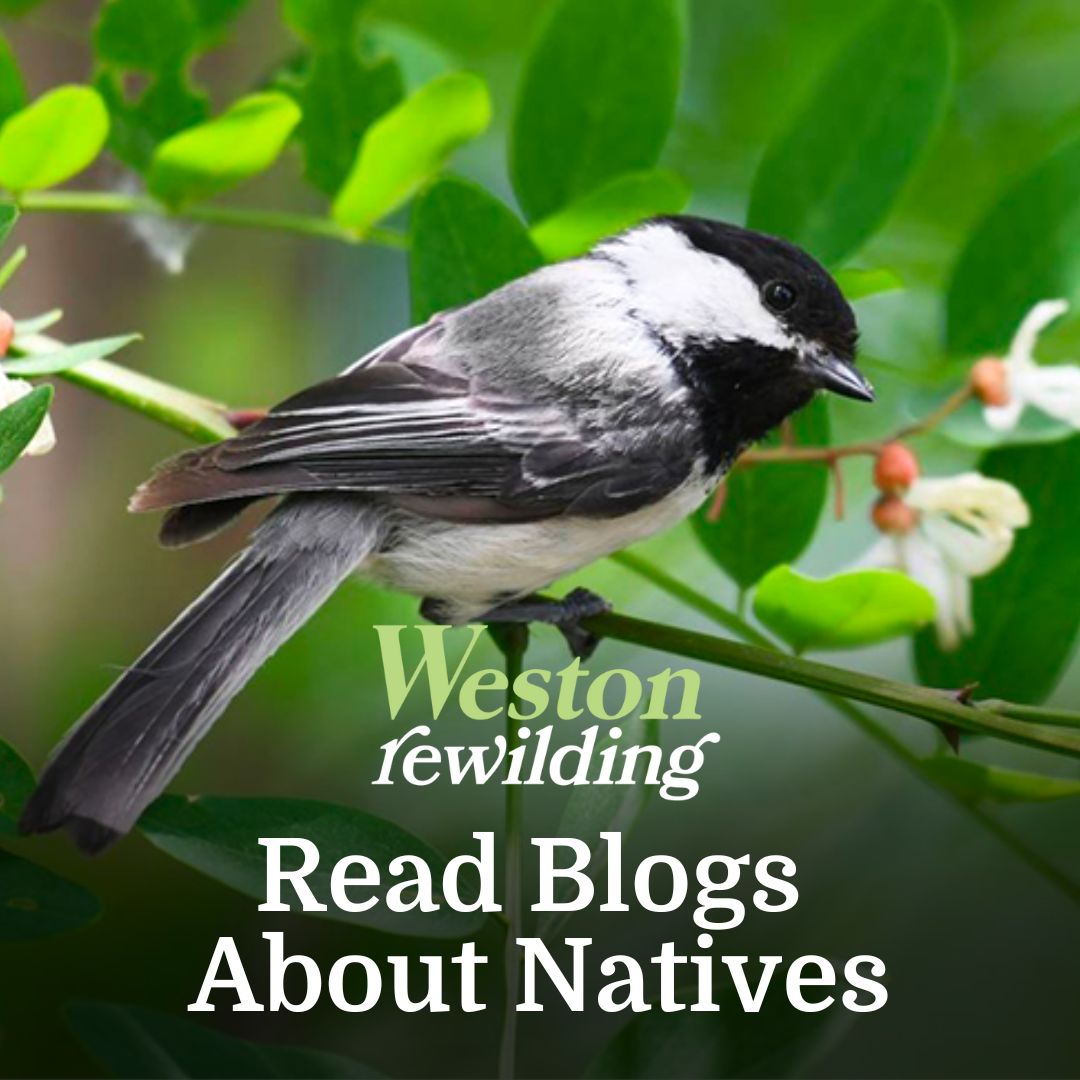At our garden center people often ask why we can’t simply use common names for the plants we sell — those scientific botanical names seem so complicated to pronounce and remember! While this approach may sound appealing, it tends to create confusion because many common names are ambiguous. For example, “ironwood” is a common name for a tree that could be Carpinus caroliniana, Ostrya virginiana or Parrotia persica; “red maple” could be either Acer rubrum or a red-leaf form of Acer palmatum. And bamboo could be any of the dozens of species and cultivars on the market.
Also, some plants can have more than a single common name depending upon where you live. Our friends from other countries (or even from different regions in the USA) often call the same plant a different name. For example, we use beebalm or Oswegotea for Monarda didyma, but others can refer to it as bergamot, scarlet beebalm, crimson beebalm and scarlet monarda. And some plants that are really closely related can have significantly different common names; blueberry, cranberry, bilberry, cowberry, huckleberry and lingonberry are all Vaccinium species.
Scientific botanical names on the other hand, are specific and succinct, using an agreed-upon system to minimize confusion: the tree correctly identified as Tilia cordata is identical everywhere, whether you are in the USA, China or South Africa (even though various people use the common name of linden, lime or basswood).
In the mid 1700’s, Swedish botanist Carl Linnaeus (often called The Father of Taxonomy) created the system that we now use to classify all plants. Linnaeus came up with the system which was quickly adopted to become the worldwide standard for naming species still in use today. He did this by simplifying the previously cumbersome plant-naming practices using a binomial system which designates one botanical name to indicate the genus, and one for the species. The result is a simpler but exact designation for the name of every plant: swamp maple (also known as red maple) is Acer (its genus, always capitalized) rubrum (its species, always lower-case).
We sometimes refer to “the Latin name” for a plant, but some names were not originally in Latin. Many scientific names are actually “Latinized” forms of words from other languages that have been accepted by The International Code of Botanical Nomenclature, the main authority for naming plants. This code applies the principle that the earliest recorded name for every plant takes precedence over any others.
Most plant species can be grown from seed; every seedling plant is similar to other plants of that species, but is genetically an individual. You’ll see that many plants on the market today are cultivars (meaning “cultivated varieties”). Cultivars are clones selected from the species or hybrids. Every true-to-name cultivar is genetically identical to its parent because cultivars can only be vegetatively propagated (i.e. from cuttings, grafts or divisions). Cultivar names are always written in English, capitalized and should be enclosed with single quotes: Chamaecyparis thyoides ‘Hopkinton’ is a single clone of the Atlantic white (or coast) cedar.
So even though using scientific botanical names may appear complicated to those unfamiliar with horticulture, it greatly simplifies communication; it also avoids potential confusion, ambiguity and disappointment, and ensures the proper plant is being considered. Many plants like Forsythia, Magnolia, Rhododendron and Viburnum already share the same common and scientific genus name. With a bit of practice you’ll become comfortable using botanical names; you’ll find that it makes a lot of sense to assure we’re all talking the same language when we’re discussing plants.





